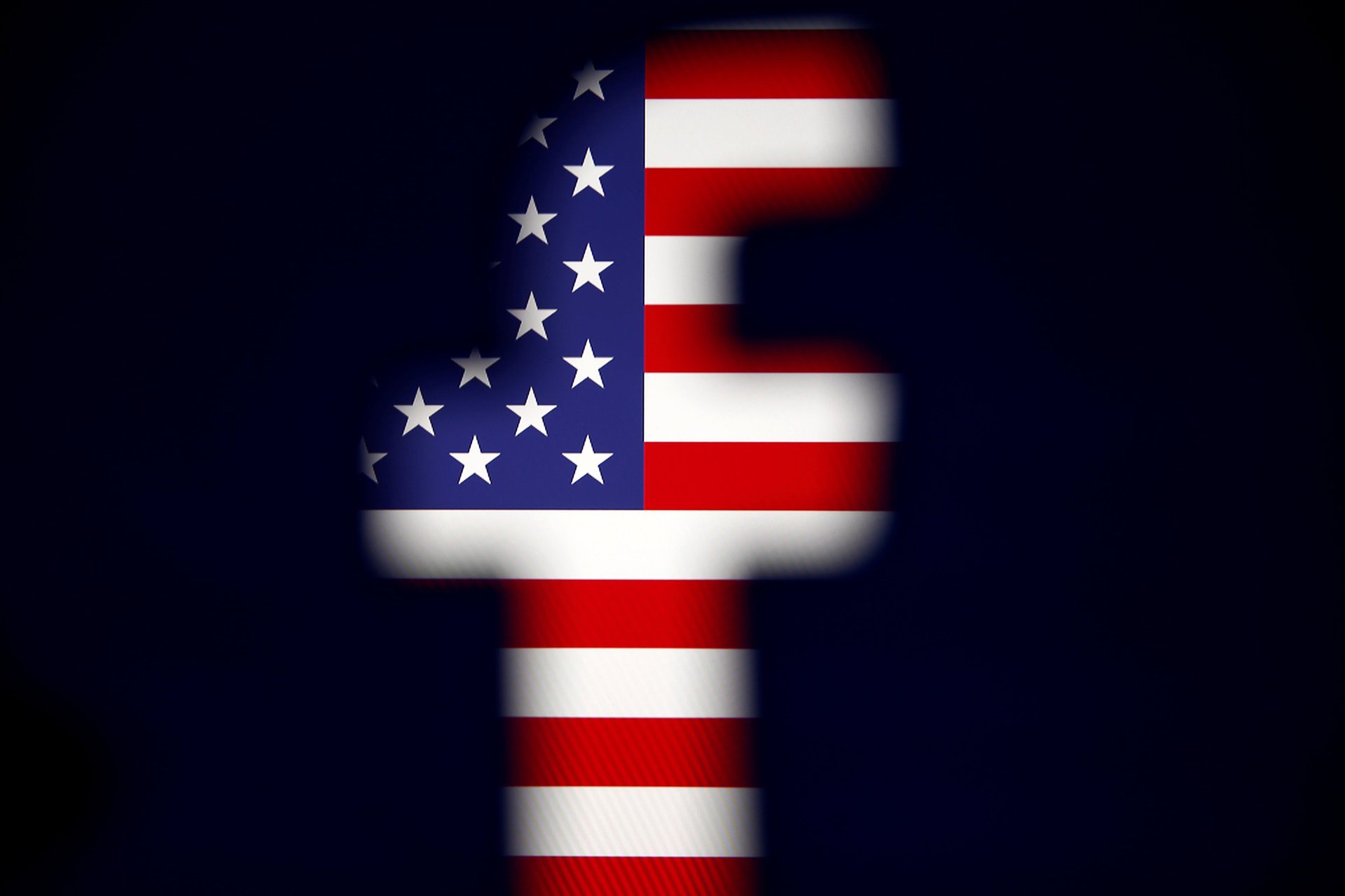Facebook, Google, and Amazon are big winners in the new NAFTA deal
The new “USMCA” deal the US, Canada, and Mexico tentatively agreed to provides wide-reaching protection to internet giants from lawsuits and liabilities for what appears on their services.


The new “USMCA” deal the US, Canada, and Mexico tentatively agreed to provides wide-reaching protection to internet giants from lawsuits and liabilities for what appears on their services.
The deal essentially gives internet companies the same protections they enjoy under Section 230 of the US’s Communications Decency Act, stating:
no Party shall adopt or maintain measures that treat a supplier or user of an interactive computer service as an information content provider in determining liability for harms related to information stored, processed, transmitted, distributed, or made available by the service, except to the extent the supplier or user has, in whole or in part, created, or developed the information.
Like the US’s Communications Act, this means that providers of “interactive computer services” aren’t considered the publisher of any information provided by someone else. What that means is that they can’t be a target of libel suits or other complaints based on the information they are disseminating. It also protects these services from being sued on free speech grounds when they make “good faith” efforts to eliminate obscenities, violence, and harassment.
Section 230 has been credited with creating an environment that allowed startup tech companies to flourish in the US. But the enshrining of the Section 230 protections in an international trade agreement comes as Facebook especially is under fire for spreading political propaganda and enabling racial discrimination—and as many critics are calling for more regulation of the internet companies, rather than more exemption from liability.
Including similar protections in the USCMA is a win for the biggest tech companies, which have ramped up their presence in Washington, DC’s lobbying circuit. Trade groups including the Computer and Communications Industry Association and the Internet Association lauded the new deal.
“I’m thrilled,” said Berin Szoka, the president of TechFreedom, a Washington, DC policy advisory. “This is the best-case scenario, in that they have closely paraphrased Section 230,” Szoka said.
The provision in the NAFTA deal is what most internet intermediaries were hoping for, said Matt Stoller, a fellow with the Open Markets Institute, an anti-monopoly think tank. It essentially gives them a shield from liability in numerous instances.
For example, an ongoing lawsuit in the US against Alex Jones, the right-wing conspiracy theorist who claimed that the Sandy Hook massacre was a hoax, doesn’t target YouTube, Twitter, or Facebook—the services his lies spread over—because Section 230 protects them. The new NAFTA deal could also protect Amazon from a lawsuit if a third party on Amazon is selling counterfeit goods, Stoller said.
Internet and tech companies spent $38 million on lobbying through late August of this year, according to the Open Secrets database. Google parent company Alphabet was among the entities directly lobbying the US Trade Representative, the White House agency responsible for negotiating NAFTA, multiple times.
Big Tech’s limits
The new NAFTA doesn’t give internet companies free rein to publish hateful violent speech, or discrimination, if that’s illegal in each country, Szoka notes. “Section 230 has never immunized providers from prosecution under criminal law,” said Szoka. Facebook in the US could still be held liable for “incitement to violence,” for example, he said, or for aiding infractions of civil rights laws.
The trade deal also specifically carves out an “exception for measures necessary to protect public morals,” specifically the “measures necessary to protect against online sex trafficking, sexual exploitation of children, and prostitution.”
That’s a reference to SESTA and FOSTA, two hard-fought pieces of US legislation which give internet intermediaries some liability for sex-trafficking and the sexual exploitation of children that is facilitated through their sites. These laws are shrinking the online market for sex in the US, as websites take down information that they think relates.
The tech industry has long complained that SESTA and FOSTA represent a slippery slope that could lead to widespread censorship, and not everyone is thrilled with the inclusion of these exceptions. Because of the FOSTA exception, the deal is somewhat of a wasted opportunity, said Danny O’Brien, international director of the advocacy group the Electronic Frontier Foundation.
“Traditionally the United States has always tried to export its strong intermediary liability protections to the rest of the world and that’s always been quite positive for the internet,” he said. With FOSTA, in order comply with US law, “the agreement has this huge hole in it, that removes any real advantage [Section 230] has.”
The tech giants have found ways to protect themselves against FOSTA, and will be able to put in place the same defenses in Canada and Mexico, if their governments implement similar exceptions, O’Brien said. Because of this, tech giants like Facebook or Google are the relative winners in the deal, but generally it’s a win for “a pretty unhappy status quo.”
Smaller companies might be in a worse position, he said, because they need to filter and check comments to protect themselves from liability. “Potentially a malicious user could open you up to prosecution,” O’Brien said.
The US has been a welcoming home for big tech companies because of protections like section 230. If other countries introduce them as well, “what you might get to see is more competition from Canadian and the Mexican tech companies who are in a better position, because they will be better protected in their own country.”